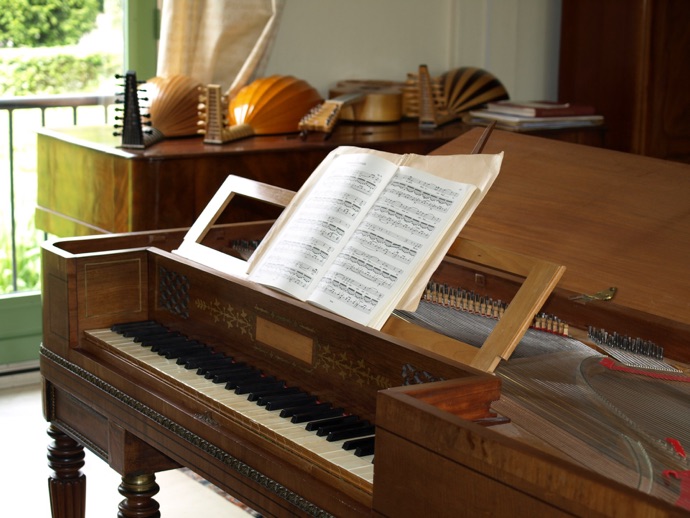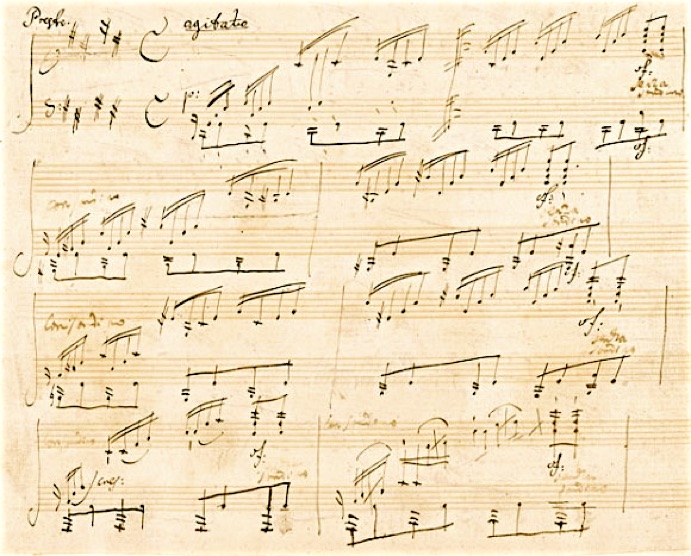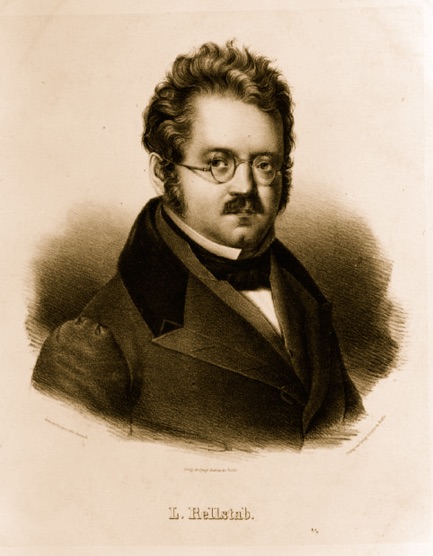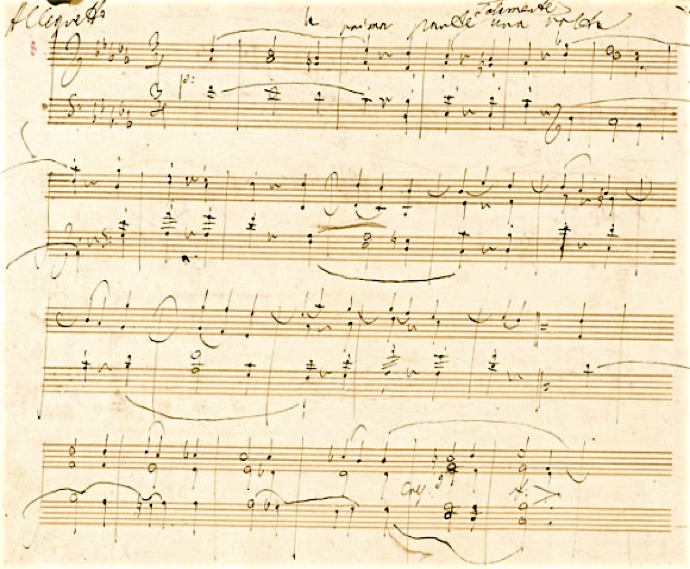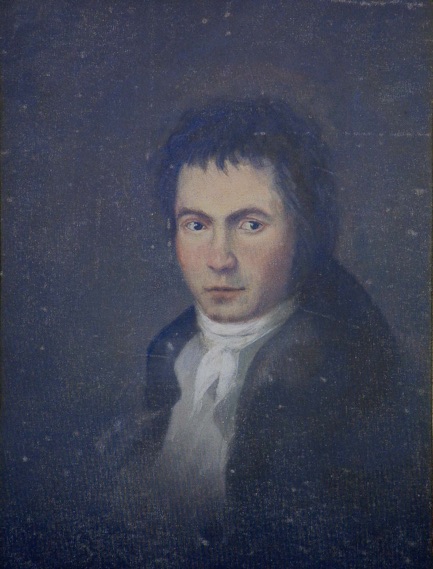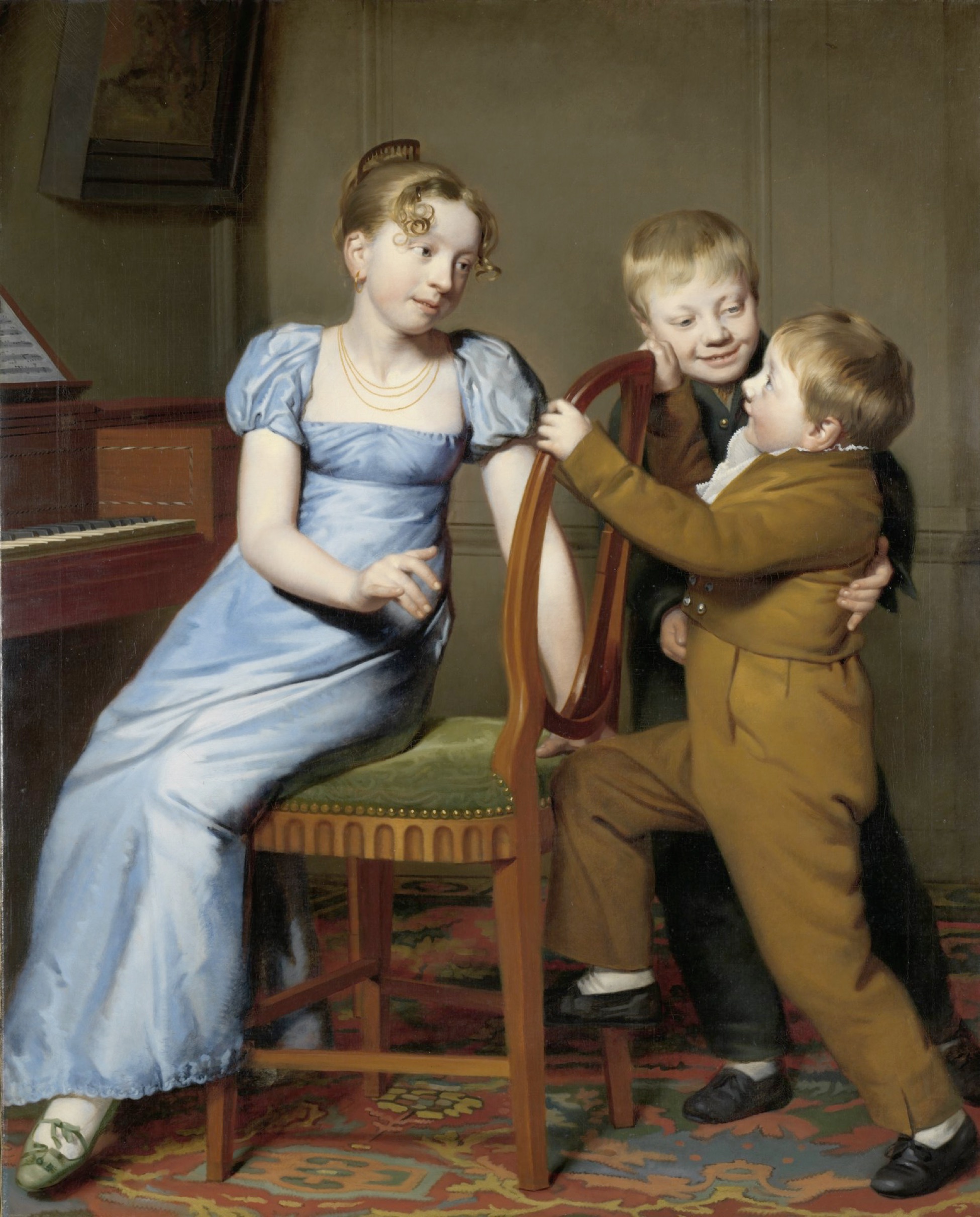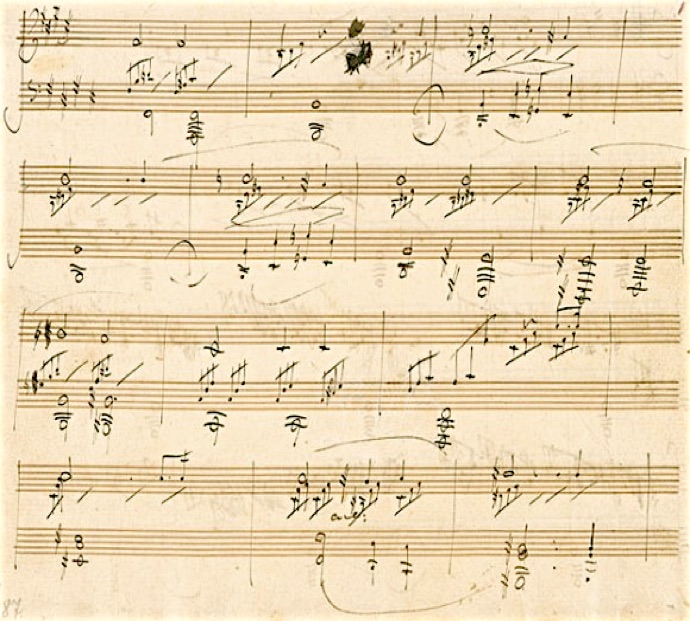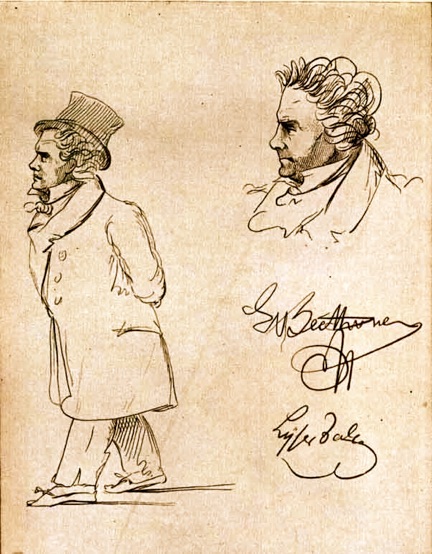Ludwig van Beethoven (1770 – 1827)
Piano Sonata No. 14 in C-sharp minor, Op. 27, No. 2
Beethoven’s “Moonlight sonata”, a name coined by German music critic Ludwig Rellstab after Beethoven’s death, is one of the most widely known classical music pieces, and has been since it was composed some 200 years ago. Beethoven included the phrase "Quasi una fantasia" (Italian: Almost a fantasy) in the title partly because the sonata does not follow the traditional movement arrangement of fast-slow-[fast]-fast. Instead, the Moonlight sonata possesses an end-weighted trajectory; with the rapid music held off until the third movement. To be sure, the deviation from traditional sonata form is intentional. In his analysis of the Moonlight sonata, German critic Paul Bekker states that “The opening sonata-allegro movement gave the work a definite character from the beginning... which succeeding movements could supplement but not change. Beethoven rebelled against this determinative quality in the first movement. He wanted a prelude, an introduction, not a proposition.
Broadwood fortepiano
Beethoven owned a Broadwood fortepiano built in 1817, a gift from Thomas Broadwood who had met Beethoven in Vienna in the summer of that year. Broadwood asked five fortepianists living in London to help him select the appropriate instrument and had the names of these men engraved on a plaque. The keyboard of Beethoven's Broadwood spanned six octaves (CC to c''''), slightly narrower than the Beethoven Center's 1823 instrument (which extends up to f'''').In December 1817, Broadwood shipped the instrument from London. It arrived in Vienna seven months later in a somewhat damaged state after an arduous journey over sea to Trieste, then by cart into Vienna.
Beethoven enlisted his friend, the Viennese piano building Nanette Streicher, to make the necessary repairs. Beethoven kept the instrument at his hime in the Schwarzspanierhaus until his death in 1827. The instrument was then sold to C. Anton Spina, a music publisher. In 1845, Spina gave the instrument to Franz Liszt who kept it in his home in Wiemar until he donated it to the Hungarian National Museum in 1874.

